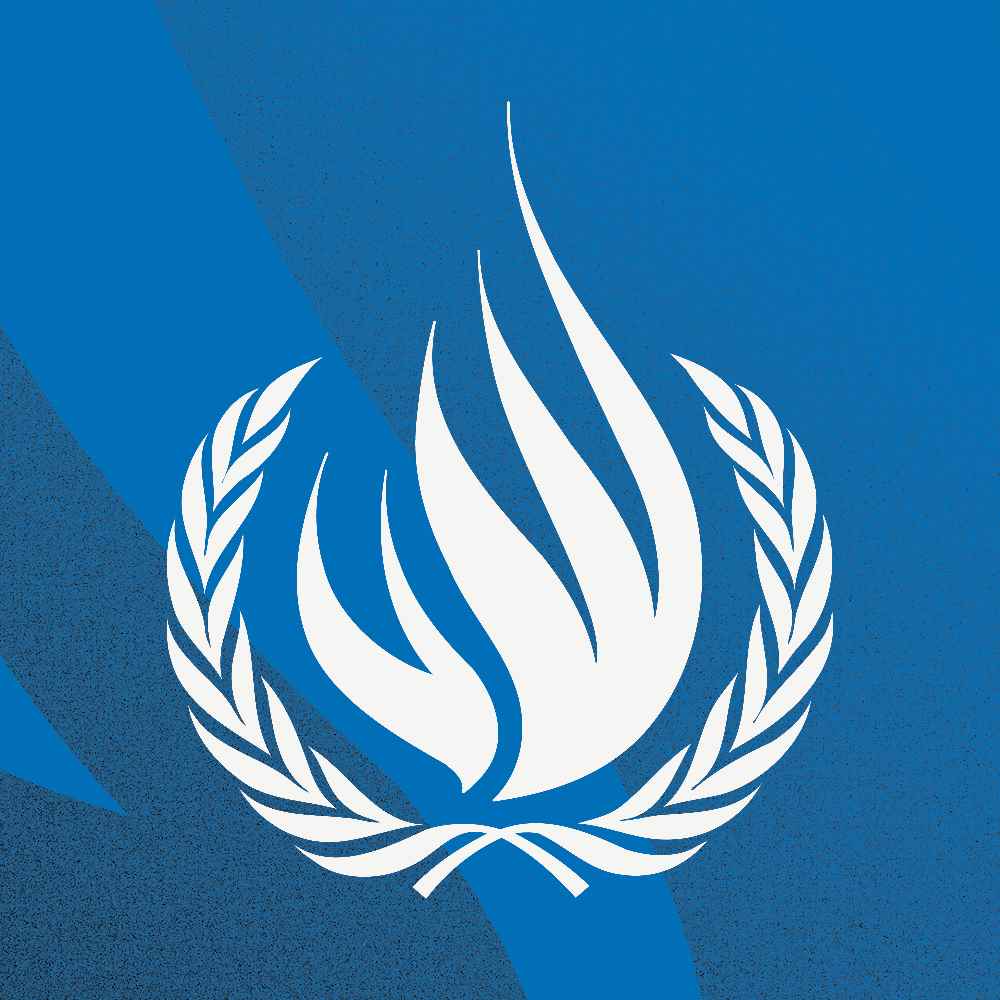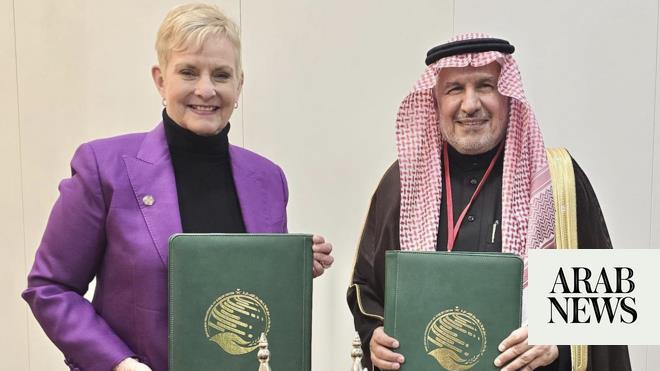
GENEVA — A UN human rights commission on South Sudan has welcomed developments towards the establishment of long-awaited transitional justice mechanisms to address violations committed during conflict, as required under the 2018 peace agreement.
South Sudan’s transitional unity government announced on Friday that it would establish the African Union (AU) Hybrid Court to prosecute human rights violations. The Commission for Truth, Reconciliation, and Healing, and the Compensation and Reparation Authority that will administer a fund for victims.
From rhetoric to results
“After more than two years of delay, the government has at last taken the first steps to initiate key transitional justice measures to address the legacy of gross human rights violations in South Sudan,” Yasmin Sooka, chair of the commission on human rights in South Sudan, said on Monday.
“If the government of South Sudan is to retain any credibility whatsoever, the political rhetoric must translate into tangible, and genuine results,” she cautioned.
“Most critically, the government must complete all the processes of reconstituting the Transitional National Legislative Assembly, which is to enact the domestic legislation for establishing the three transitional justice mechanisms under the 2018 Agreement.
“The Commission has provided benchmarks to the government on the speedy implementation of the commitments under Chapter V.”
The Commission further welcomed a statement by the Chairperson of the AU Commission, Moussa Faki, expressing his support to the Government and people of South Sudan in their quest for peace and security.
Delays fueling conflict
Members said the establishment of the transitional justice mechanisms had been put on hold due to failure to adhere to the timelines of the peace agreement, which delayed the formation of the new government and completion of key appointments.
“These delays have meant that the underlying causes and drivers of the conflict, including competition for resources, territorial control, and political influence, have continued to fuel localized conflicts, rampant corruption and economic crimes in South Sudan,” Commissioner Andrew Clapham said.
“Meanwhile, those responsible for war crimes and continuing human rights violations have been emboldened by a system that permits impunity for torture, enforced disappearances, and atrocity crimes,” he added.
Take immediate steps
The delay has robbed the people of South Sudan of the opportunity to achieve sustainable peace, the Commission stated, as the absence of accountability and reparation, including for sexual violence, “undermines the fabric of society, breeds resentment, and defers the prospects of reconciliation and healing”.
At the same time, victims must continue to bear the physical, psychological and socio-economic consequences.
“Given the approval of the Cabinet, the government should now take immediate steps to sign the memorandum of understanding with the African Union and adopt the draft Statute to establish the Hybrid Court,” said Commissioner Barney Afako.
“It should also initiate broad-based and inclusive national consultations so that South Sudanese can contribute towards the formation of the other transitional justice processes, especially the truth commission,” he added.
The Commission on Human Rights in South Sudan was established by the UN Human Rights Council in March 2016. Members are not UN staff, nor are they paid by the organization. — UN News










